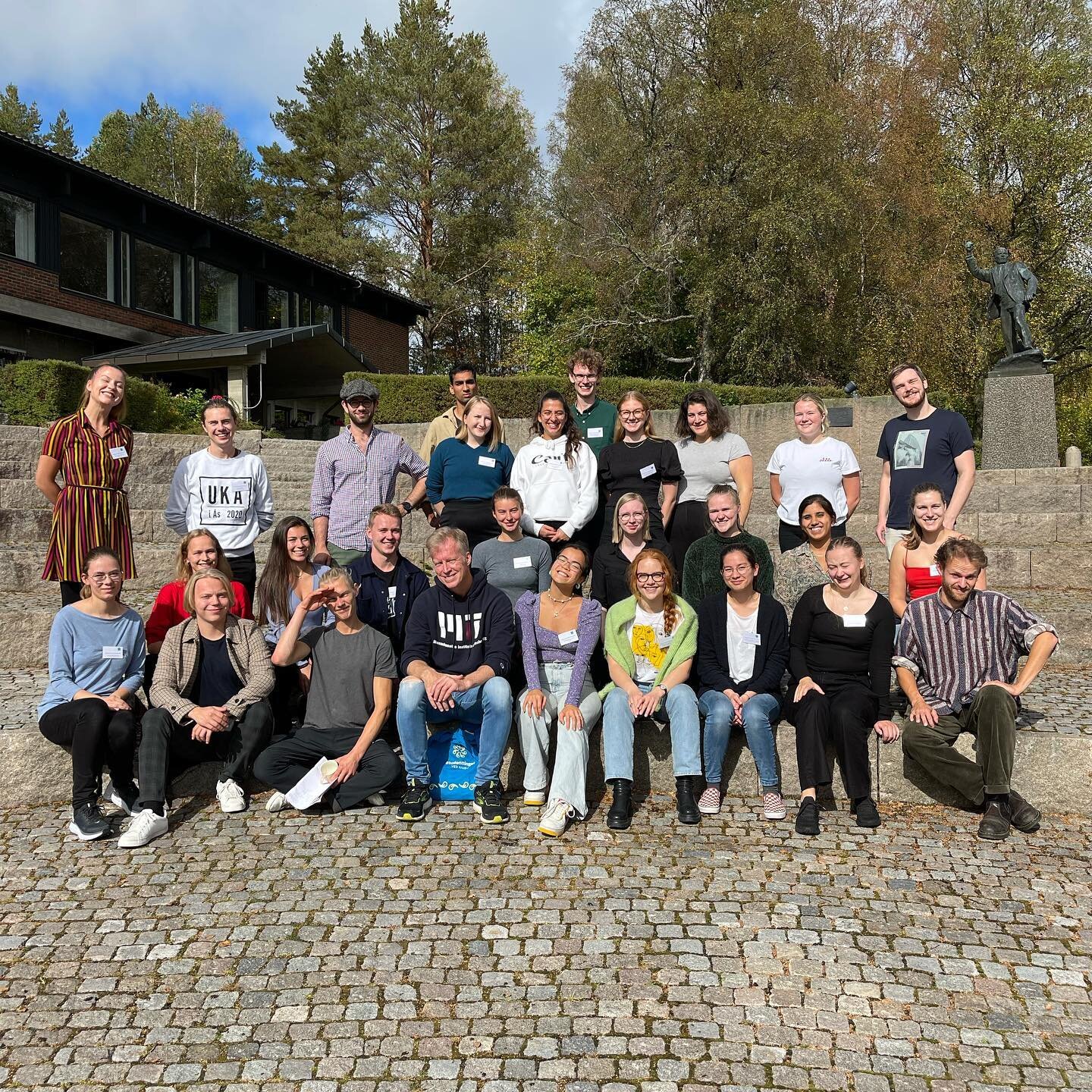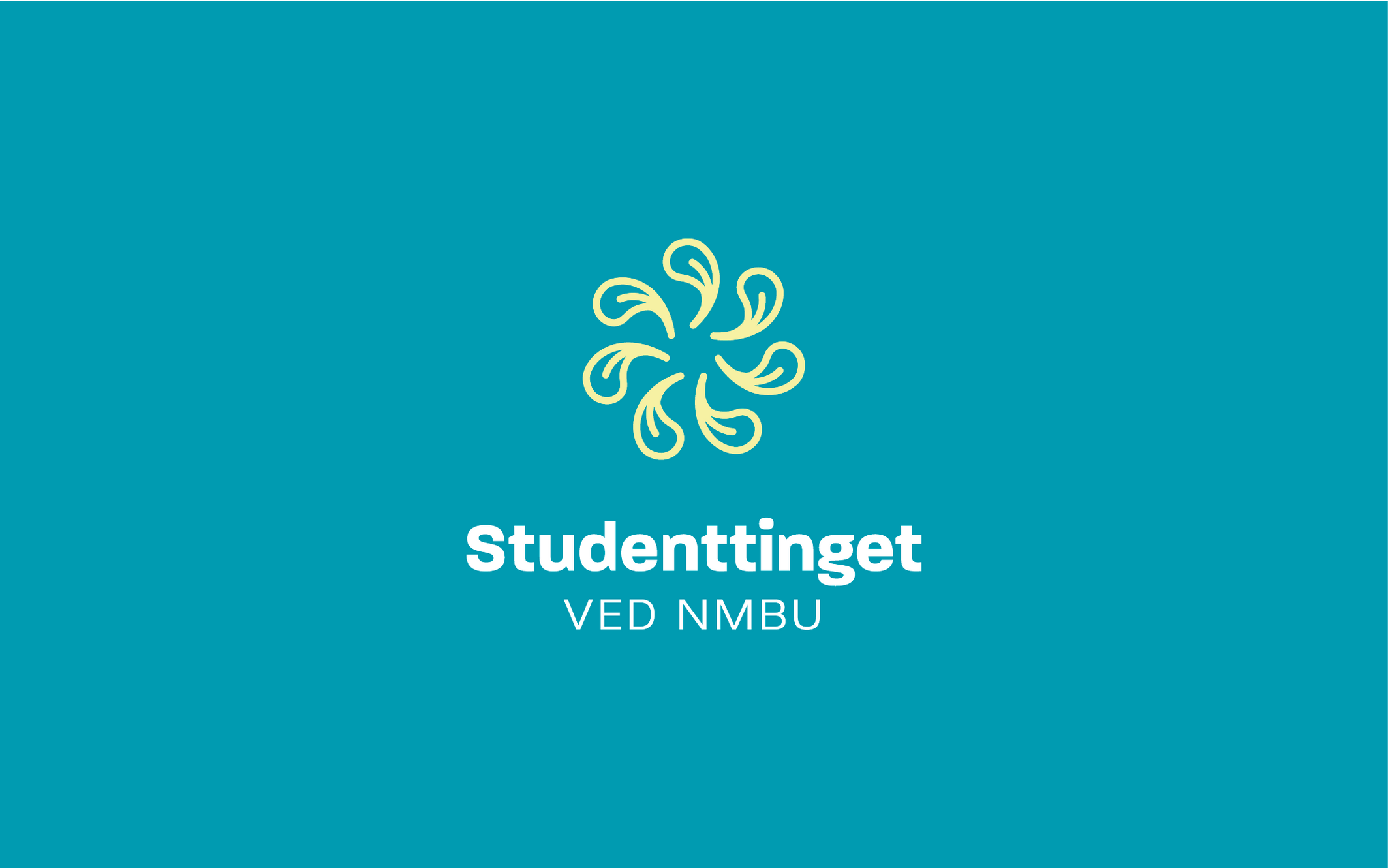Student Democracy

Student Democracy
The Parliamentary Election of 2021 is done and dusted, and hopefully, everyone has cast their vote and contributed where they can. We will not be able to influence the national democracy for the next four years. But as a student, you can make an impact on student democracy every day!
Journalist: Guro Størdal
Translator: Aleksander Mæland Munkejord
Illustrator: Pauline Hovland
Concerns everyone
As a student, there is a lot to take in, even beyond the courses themselves. Clubs, associations and organizations strive for your attention, and they all claim to be equally important and fun. But there is one thing that concerns every student, every day: Student Democracy. It affects everything, from how the semester is organized, to what kind of food we get in the cafeterias. This is where you influence the student life.
All students shall be heard
Is there anything you do not feel content with, have a better solution for, or maybe you have an entirely new idea? As a student, your voice should be heard. There are several ways and places to bring issues to life, but the easiest and most direct is to bring them up with your class representative. All class groups should have one, also known as the elected representative, who is responsible for hosting class meetings. This is where you can state any issues or wishes, and discuss them with your colleagues. You can also take it up directly with your representative.
The Student Council – faculty level
The class representative will then meet with the Student Council. At the Council, all classes and study programs of your faculty meet up, together with the leader and deputy, student parliament representatives and several people from boards at the faculty level. Anyone from the faculty is allowed to attend as well. You can state your opinion here too! There are discussions about issues that the class representatives promote, and that the council have brought from the Student Parliament.
The positions in the Council are elected at the General Assembly. This happens once every semester and is a unique opportunity to join in on the decision-making regarding different parts of the faculty. You can be a part of the evaluation of professors, decide who gets hired, or what kind of research should be conducted.
The Student Parliament – university level
The Student Parliament is where all the faculties meet. The number of Student Parliament representatives each faculty gets depends on the size of the faculty. Not very unlike how the seats are distributed for each district for The Parliament (Stortinget). There are 25 representatives in total, and they have voting rights at the Student Parliament. Student Parliament is held three times per semester, in addition to a constitutive Parliament at the end of the fall semester.
There are many positions and committees at the university level that needs student representatives. There is the Learning Environment Committee, Research Committee, Appeals Committee, Central Admissions Committee and more. All these have a duty to report to the Student Parliament, and a duty to attend. If you want more insight into the committees, there are case documents at studentdemokratiet.no, or at NMBU’s website.
All students are welcome to attend the Student Parliament and sit as “back-row”. Back-row means that you are allowed to participate in discussions and state your opinions, but you are there voluntarily and have no right to vote. If you want to state a specific issue you are free to do so, and the Parliament will then discuss and vote on the decision.
Representatives of the Student Parliament. From the autumn seminar, autumn 2021. Picture: Facebook
The Student Board – AU
The Student Parliament is led by the AU (The Student Board). It consists of three elected students, who do it as a full-time job. They are elected by ballots in the spring, one leader and two members. They host and lead the Student Parliament, and are part of several committees and boards. When, for example, the media wants to contact the students, it is usually the leader of AU who speaks on behalf of the students. They hold their office in the Clock building, gladly accept any input, and are happy to chat with anyone who has something to say.
But what about the social clubs of programs and faculties?
It is important to distinguish Student Democracy from the social clubs. The programs and faculties have, in addition to the council, their own clubs. These are responsible for the social and partly academic parts of student life. They host excursions, company presentations, movie nights, barbecues and so on. They are also important, but if there is anything you want to discuss regarding the day-to-day studies, the Student Democracy representatives are the ones you want to contact.
You have to start somewhere
You do not need high positions and strong opinions to participate in the democracy. It is open for everyone, and the most important thing is to attend the class meetings, Student Councils and hear about the relevant topics. If you have an opinion, do not be shy! Everyone has to start somewhere. If no one gets involved, big decisions can be taken without the students’ awareness, or without their voice being heard.
Do you have a case you wish to address and are unsure of how to do so? Follow the little student bee to the next page and see the different roads you can take! Here, you can also read briefly about the different positions in student democracy.




